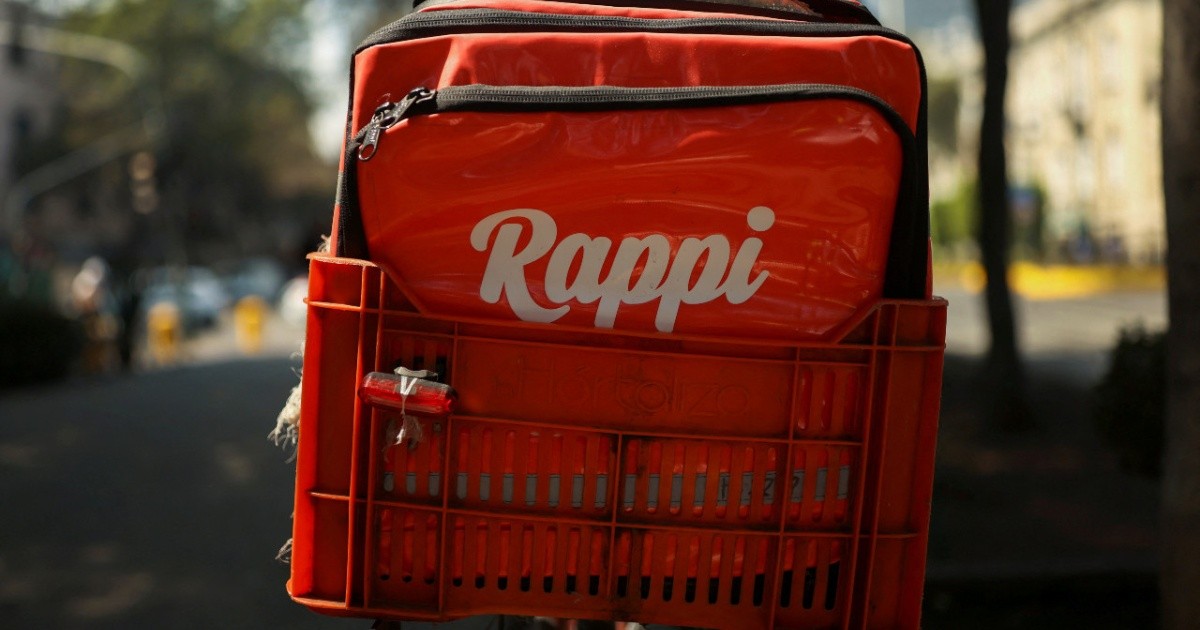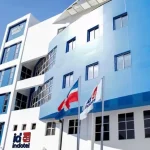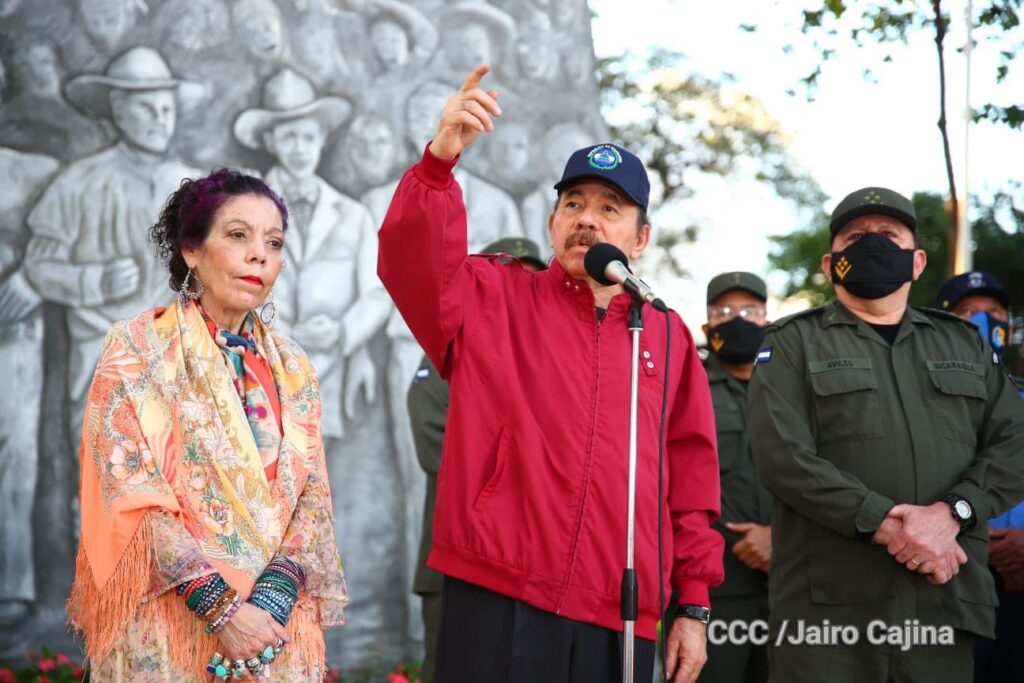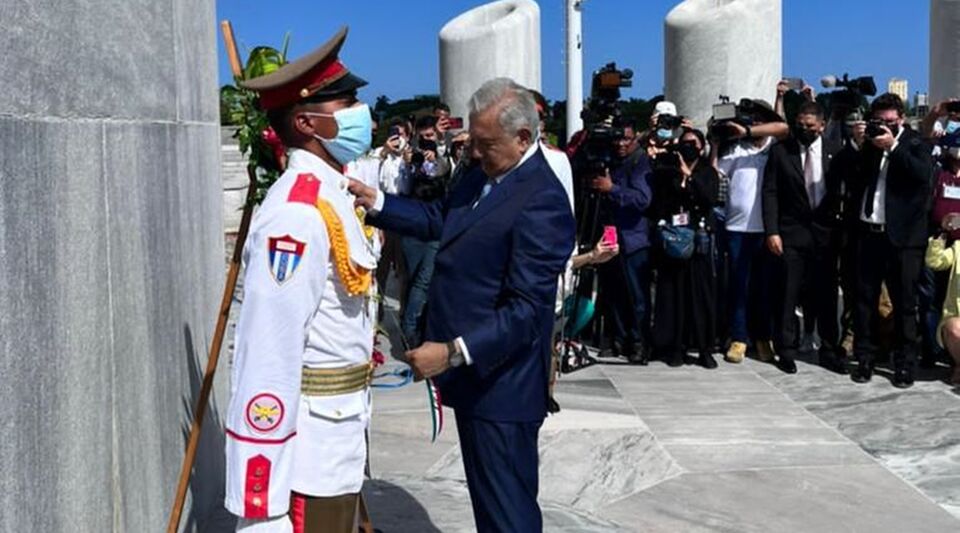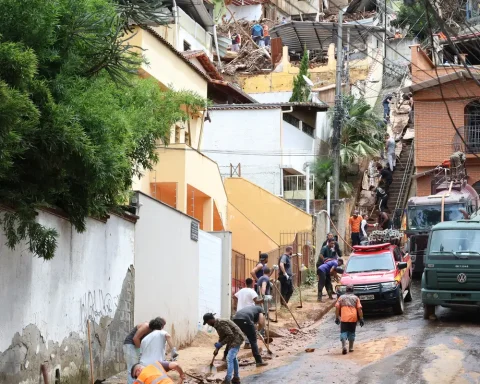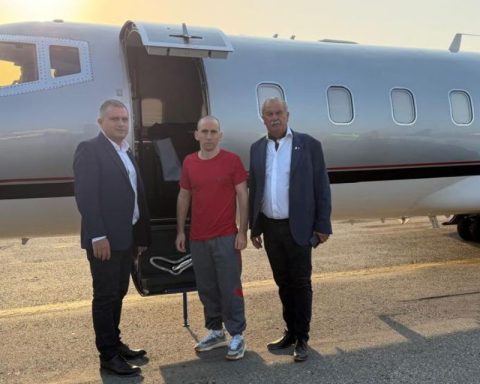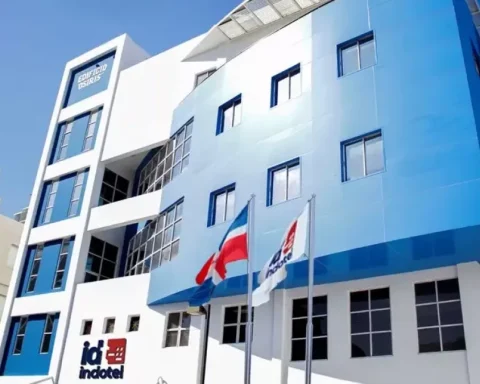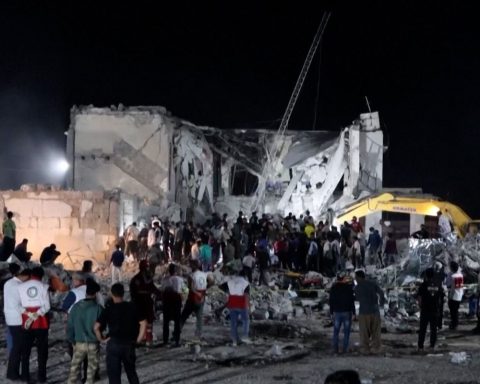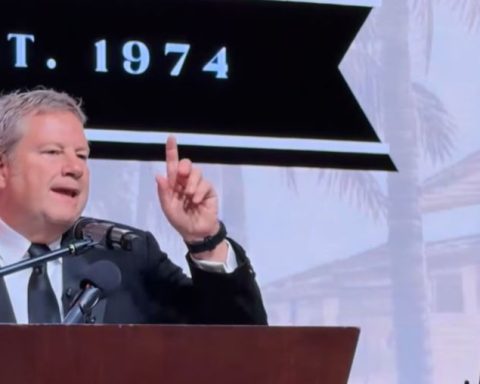In his seven years of life, rappi It has not only become one of the most important home delivery platforms in Latin America; the Colombian startup is also the seedbed of an ecosystem of more than 100 Latin American startups, of which at least twenty were created in Mexico.
Just as it happened with the founders and first employees of PayPal in Silicon Valleyincluded Elon Muskwho later founded Tesla and became a director of SpaceX, and Peter Thiel, who became one of the first investors in Facebook, many former Rappi employees have integrated an entrepreneurial and investment community in several Latin American countries that was recently has called Rappi Mafia.
The Soft Landing study in Latin America, prepared by Endeavor in collaboration with General Atlantic, Mastercard and Google, also accounts for this configuration of the entrepreneurial ecosystem of the region around a company like Rappi and to which he also gives the name of Rappi Mafia.
“Rappi is the Latin American unicorn that has created the most founders, since they have constituted a total of almost 100 companies, including Frubana, a B2B platform for restaurants; Tribute, a tax preparation software; Truora, a comprehensive fraud detection and prevention software; and Laika, an e-commerce for pet supplies”, states the study.
Rappi was founded in Bogotá, Colombia, by Simón Borrero, Sebastián Mejía and Felipe Villamarín in 2015. It operates in Mexico, Costa Rica, Colombia, Peru, Ecuador, Chile, Argentina, Uruguay and Brazil and has received more than 2,000 million dollars from financing. In addition to the fact that it was one of the first bets of the japanese softbank fund in the region.
Mauricio Ucrós, director of Corporate Relations at Rappi, believes that the term mafia does not represent or contribute to explaining the positive impact of what he wants to define: the development, investment and growth caused by the creation of companies. That is why, says Ucrós, the company prefers to refer to this phenomenon as Rappi Effect or Rappi Alumni.
According to data from the company itself, former Rappi employees have created 46 startups in Colombia, 23 in Mexico, 20 in Brazil, 9 in Argentina, 6 in Chile, 2 in Peru and one in Uruguay. Ángel Arias, who was leader of Expansión and general manager at Rappi, founded the Mexican startup Plerkwhich allows you to offer benefits and benefit plans to your employees digitally and Diego Alejandro Vergara, who was Rappi’s Regional Sales Manager, is now Sales Director of the mexican unicorn Clara.
Flink, LaHaus, Tul, wala, and Jeeves are also some of the companies founded by former Rappi workers. In addition, the founders of the company have made investments in companies such as Sumer, Jokr, HelloGuru and Frubana, something that has also happened with the founders of other Latin American companies such as Kavak.
Unlike the PayPal Mafia, in which several of the startup workers founded successful companies independently, the ecosystem that has been created around Rappi or the Rappi Mafia maintains close relationships with its former employees who have created new projects and even , the company creates different projects and initiatives “in order to promote them”.
“Many of the entrepreneurs that arise from the Rappi effect are today fundamental providers and allies of our platform, and we always seek to support them in what they believe we can do to promote and consolidate their businesses,” said Mauricio Ucrós in an interview.
